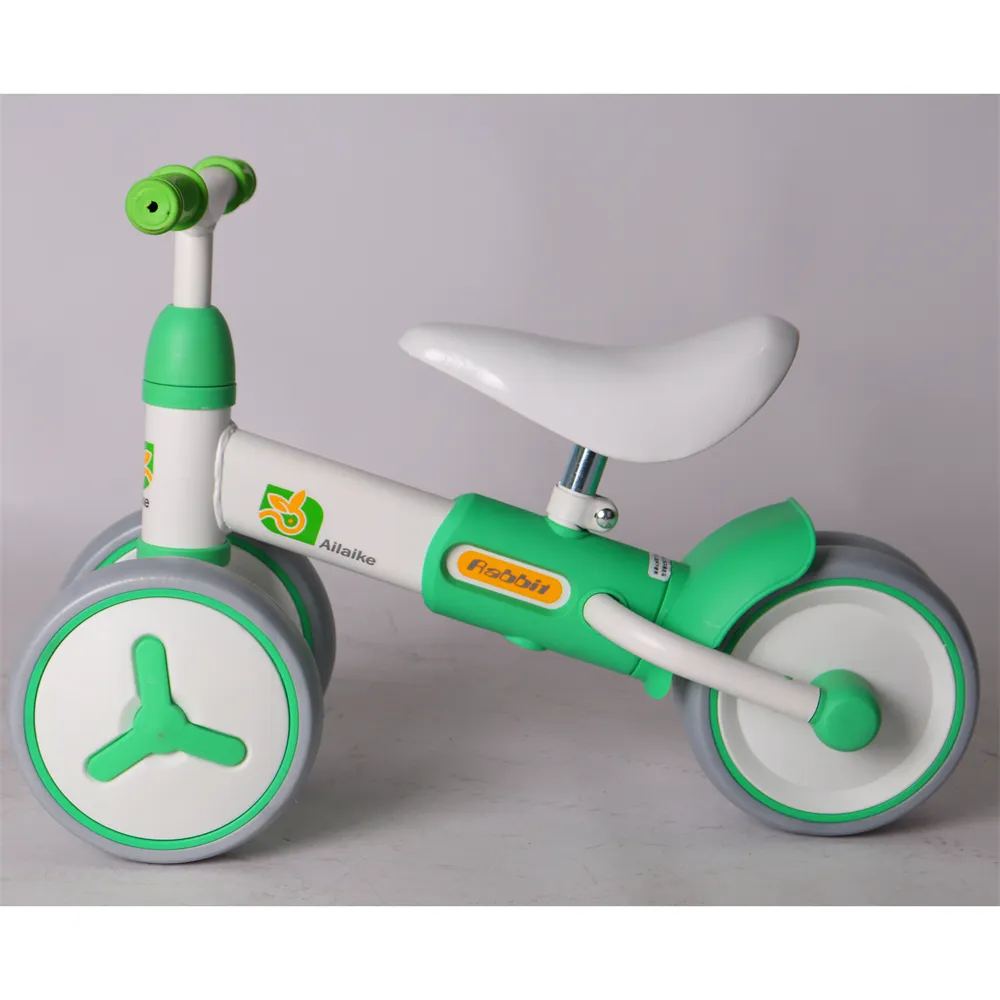mountain bike price
Understanding Mountain Bike Prices What You Need to Know
Mountain biking is more than just a sport; it is a lifestyle that merges adventure with fitness. For both beginners and seasoned riders, purchasing a mountain bike is an exciting but often daunting task. With an overwhelming variety of options available, understanding mountain bike prices is crucial for making an informed decision.
Factors Influencing Mountain Bike Prices
1. Type of Mountain Bike The price of mountain bikes varies significantly based on the type. Common categories include hardtail, full-suspension, and cross-country bikes. Hardtail bikes, which have a suspension only on the front fork, are typically less expensive, ranging from $500 to $1,500. Full-suspension bikes, which absorb shocks at both the front and rear, usually start at around $1,500 and can exceed $5,000 for high-performance models. Cross-country bikes, engineered for speed and efficiency, generally fall somewhere in between, influenced by factors such as frame material and component quality.
2. Frame Material The material used to construct the bike frame significantly impacts its price. Aluminum frames are popular for their balance of weight and cost, typically found in bikes ranging from $500 to $3,000. Carbon fiber frames, on the other hand, are lighter and offer better vibration dampening, but can cost anywhere from $2,000 to over $10,000 for top-tier models. Steel frames, known for their durability and ride quality, usually fall into the mid-price range.
3. Components The components of a mountain bike—such as gears, brakes, and wheels—also affect its cost. Higher-end components made by brands like Shimano and SRAM often improve performance and durability but come at a premium price. Bikes with entry-level components may retail for less, around $500 to $1,500, while those with advanced groupsets can range from $2,000 to $8,000.
4. Brand Reputation The brand can also influence the price of mountain bikes. Established brands with a strong reputation for quality, such as Trek, Specialized, or Cannondale, may charge higher prices. However, they often provide better customer service, warranties, and resale value. Emerging brands may offer more affordable options, but it’s essential to research their reviews and build quality before making a purchase.
5. New vs. Used Another factor to consider is whether to purchase a new or used mountain bike. New bikes come with warranties and the latest technology, but they can be pricey. Prices vary widely based on the aforementioned factors, but a mid-range new bike might cost between $1,000 and $3,000. Conversely, buying used can present significant savings, with prices ranging from $200 to $1,500, depending on the bike's condition, age, and brand. Caution is advised when buying used; it’s essential to check the bike thoroughly for wear and tear and to ensure it's in good working order.
mountain bike price

Budgeting for Your Mountain Bike
When setting a budget for purchasing a mountain bike, consider the following tips
- Assess Your Needs Think about how often you plan to ride, the types of trails you will encounter, and the features that are essential for your riding style. This will help you determine how much you're willing to spend.
- Test Ride Bikes Before making any purchase, test ride multiple models. This gives you a feel for the bike's comfort, handling, and performance, which can greatly influence your decision.
- Consider Additional Costs Remember to budget for accessories such as helmets, gloves, hydration packs, and maintenance tools, which can add several hundred dollars to your initial investment.
Conclusion
Understanding mountain bike prices involves considering various factors, including bike type, frame material, components, brand, and whether you opt for new or used bikes. By assessing your needs and setting a realistic budget, you can find the perfect mountain bike that not only fits your riding style but also enhances your mountain biking experience. Whether you’re hitting the trails for leisure or competing in races, the right bike can make all the difference in your journey.
-
kids-scooter-tiny-olympic-games-scooterathlonNewsAug.22,2025
-
kids-scooter-waves-xingtai-zhongzhous-global-rippleNewsAug.22,2025
-
baby-tricycle-oem-legacy-zhongzhou-forgedNewsAug.22,2025
-
xingtais-twin-tricycle-revolution-siblings-ride-togetherNewsAug.22,2025
-
baby-tricycle-design-inspired-by-ancient-armorNewsAug.22,2025
-
nfc-chip-enabled-oem-baby-tricycle-trackingNewsAug.22,2025
-
The Perfect Baby TricycleNewsAug.11,2025








